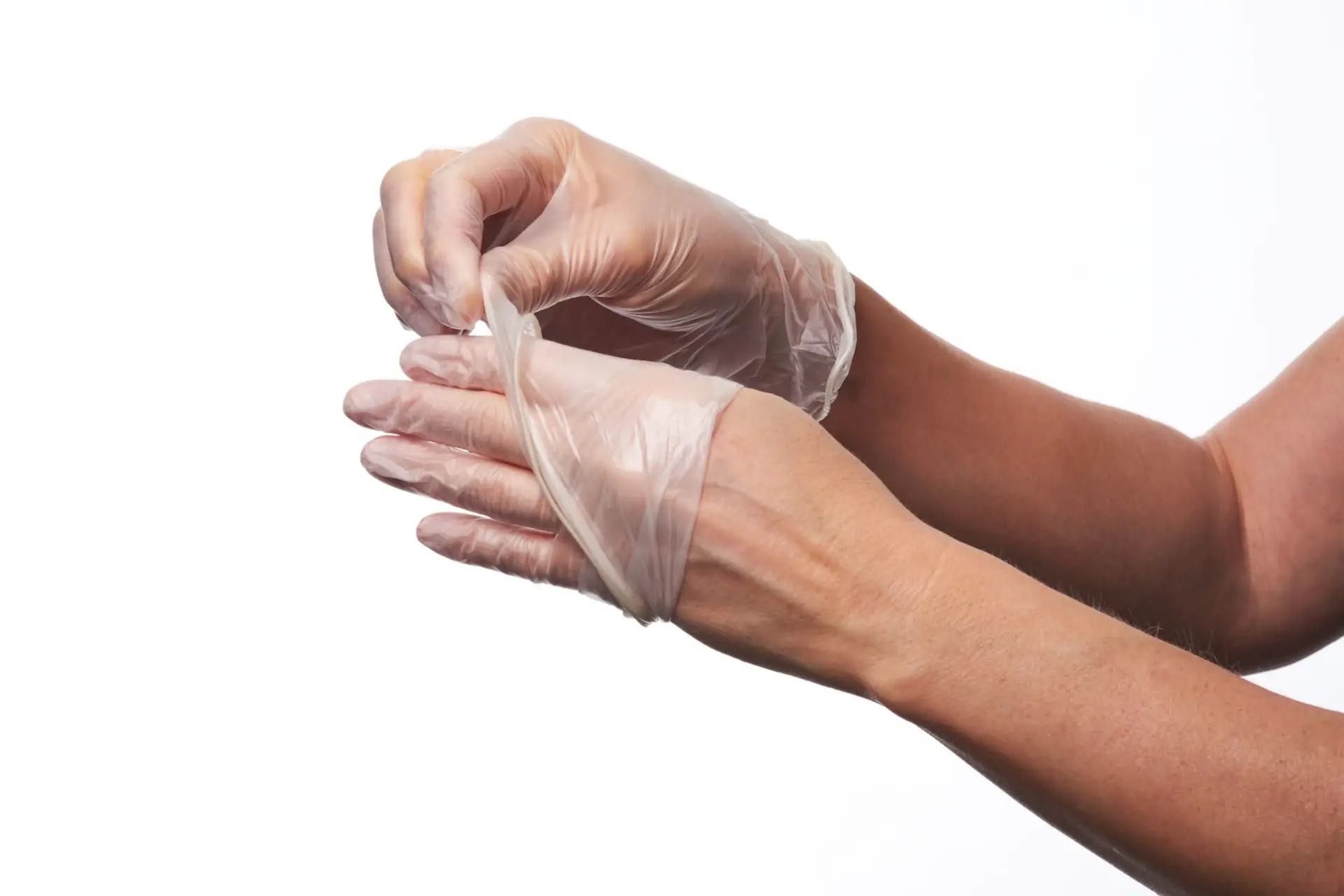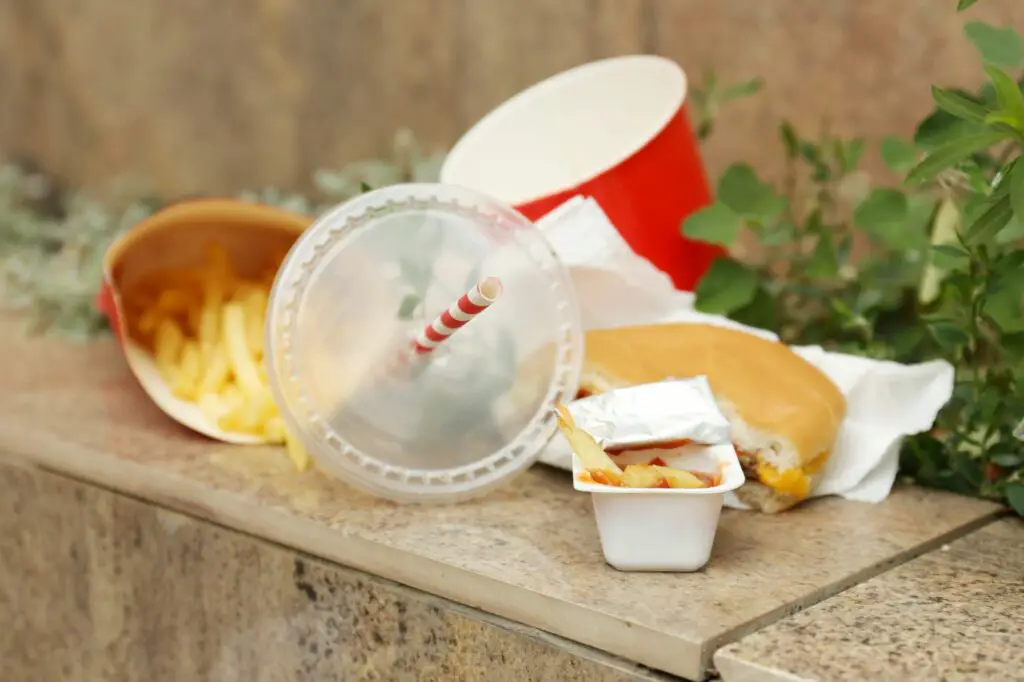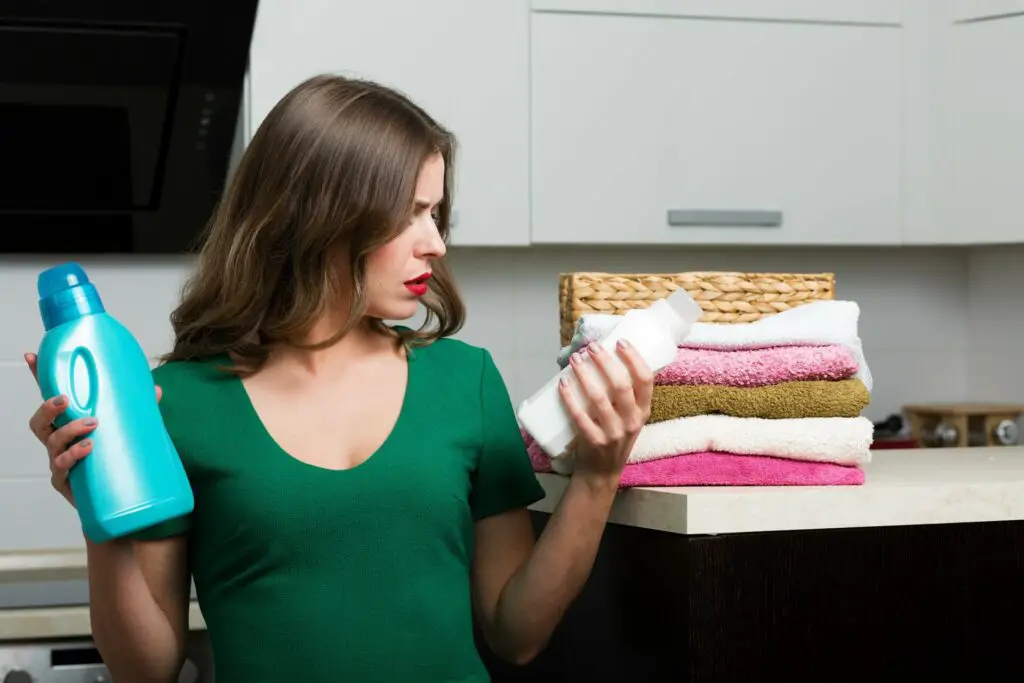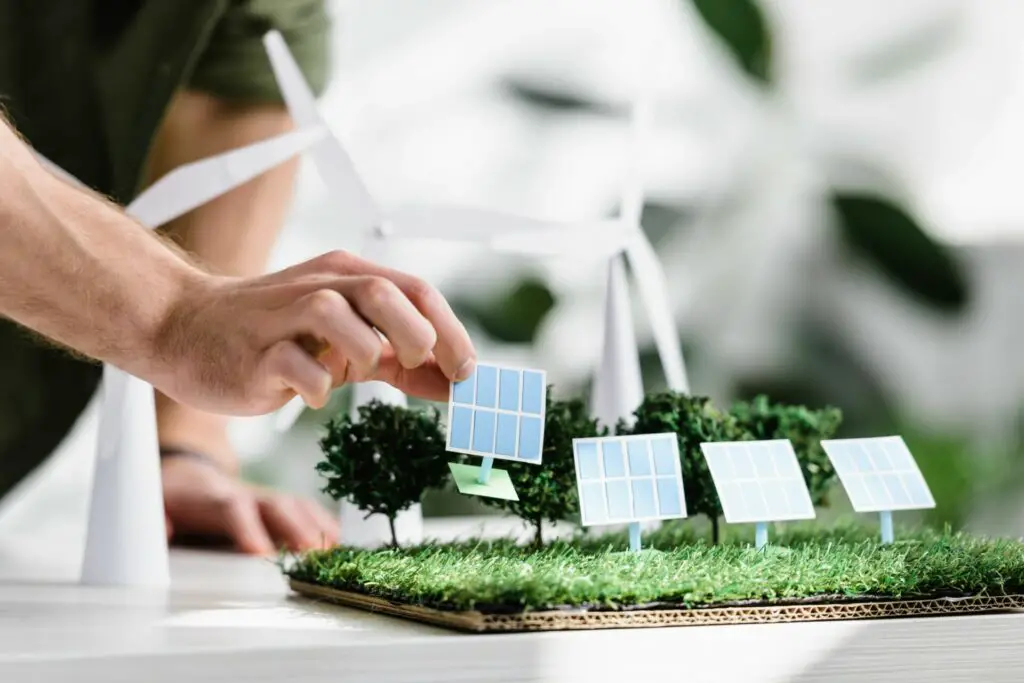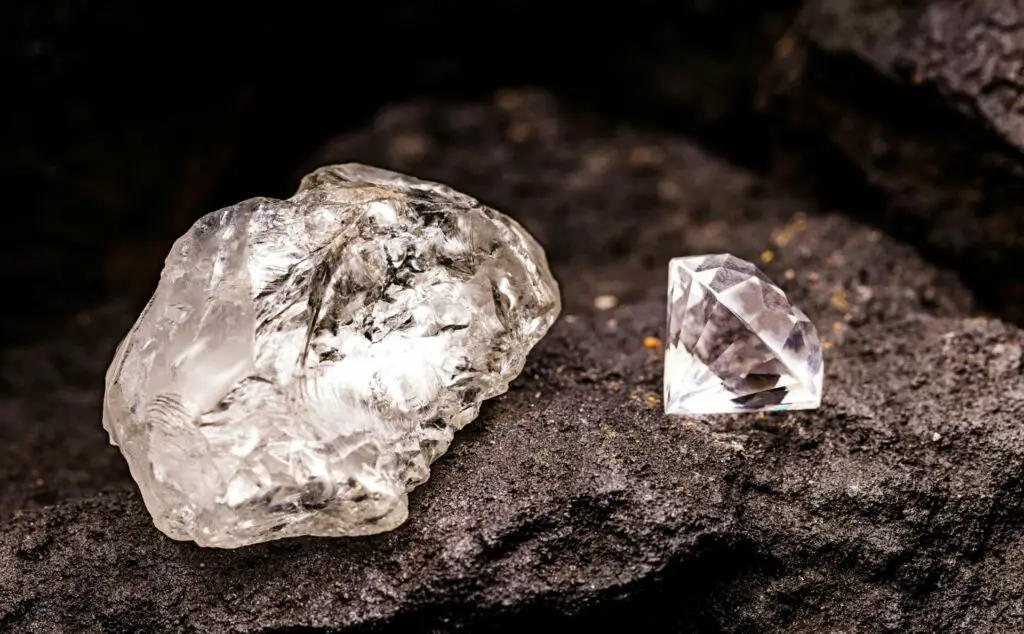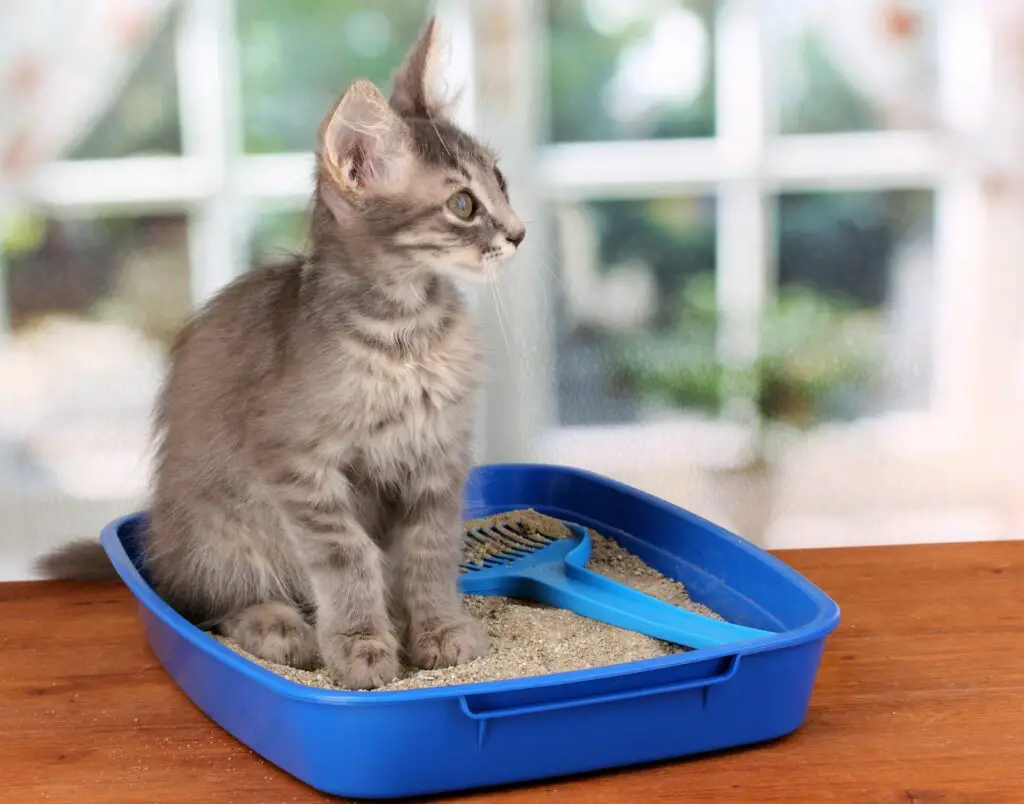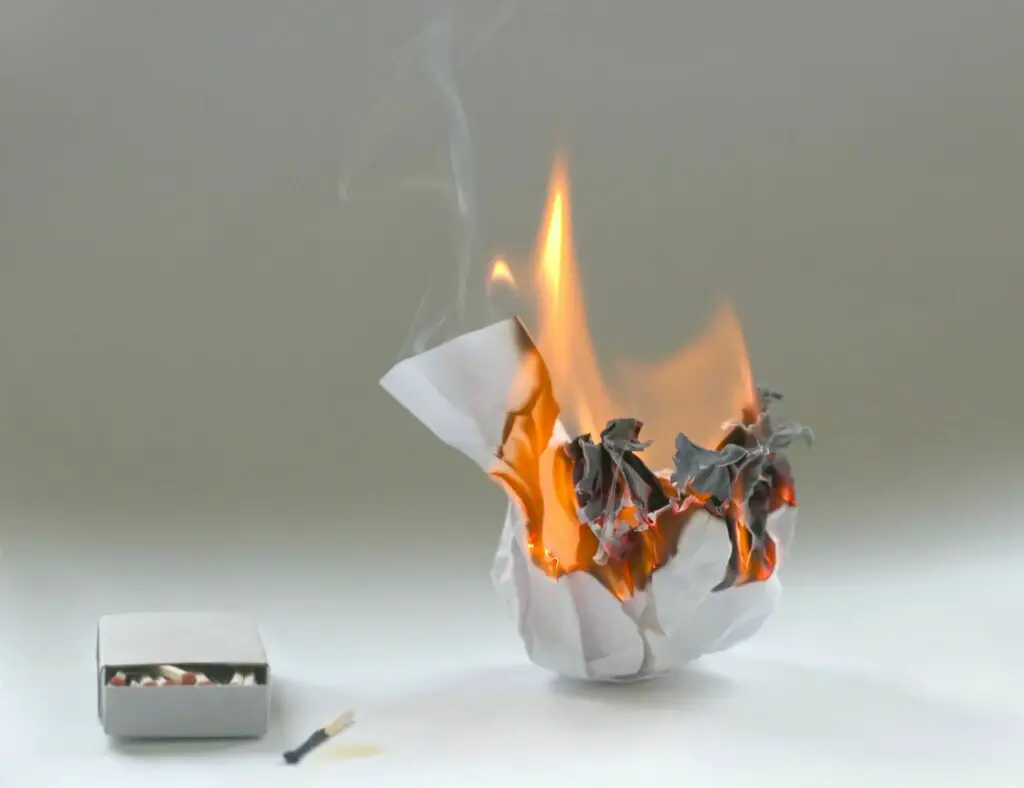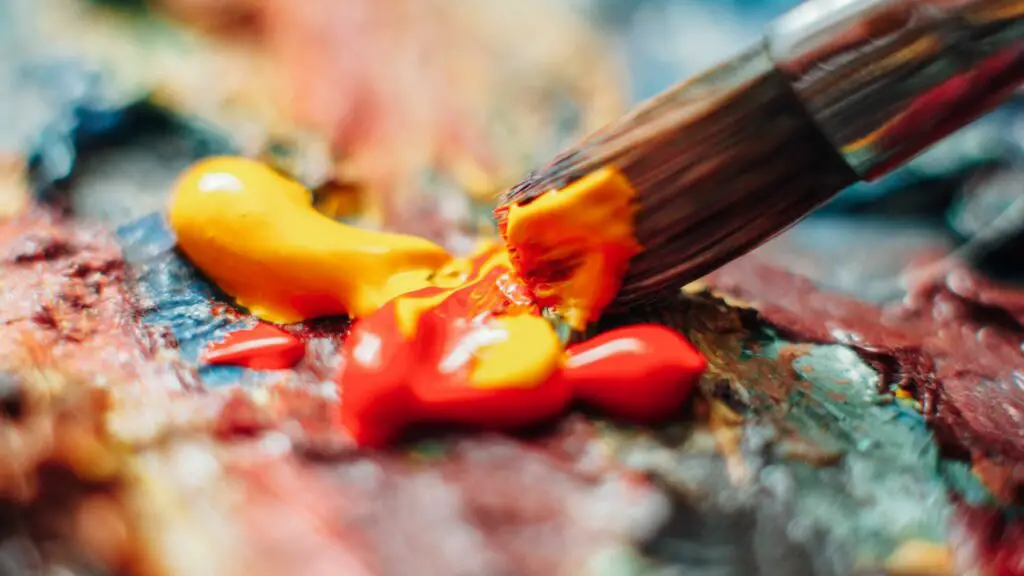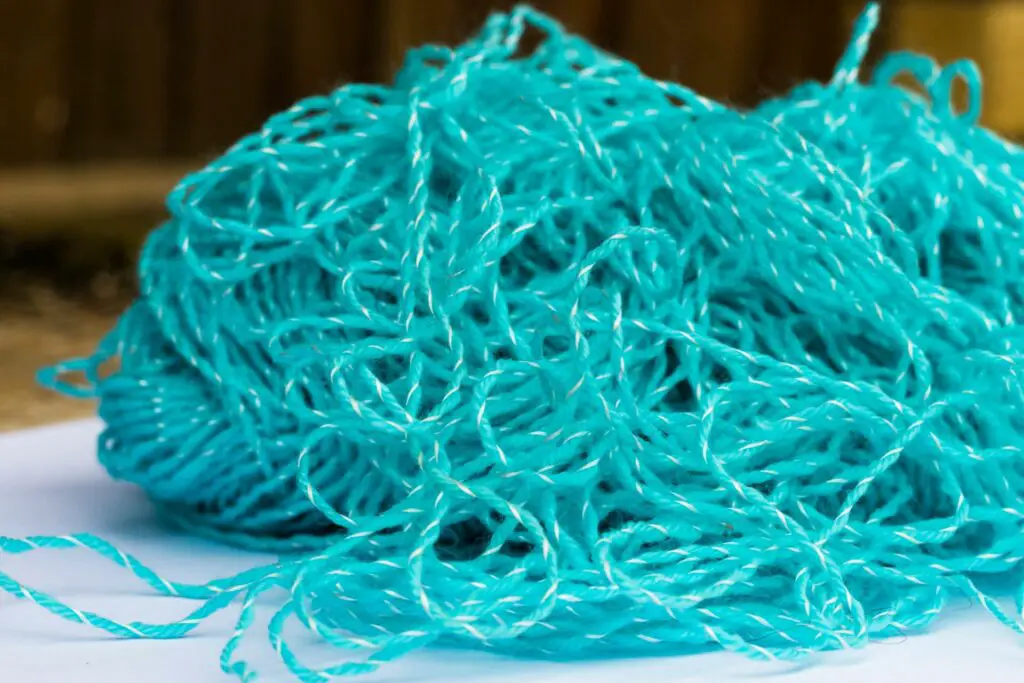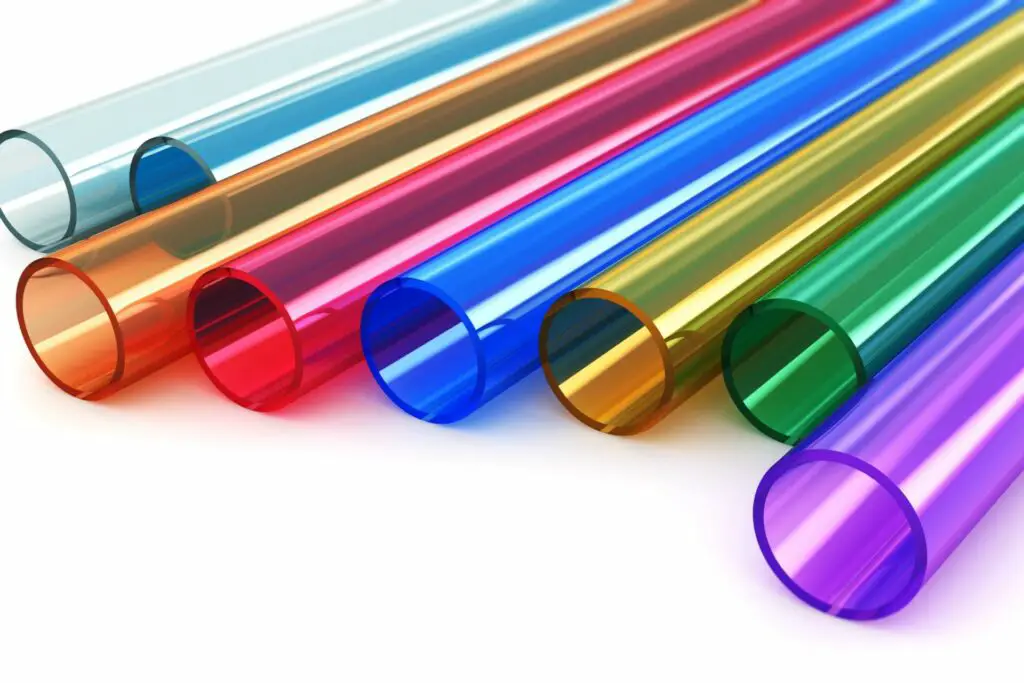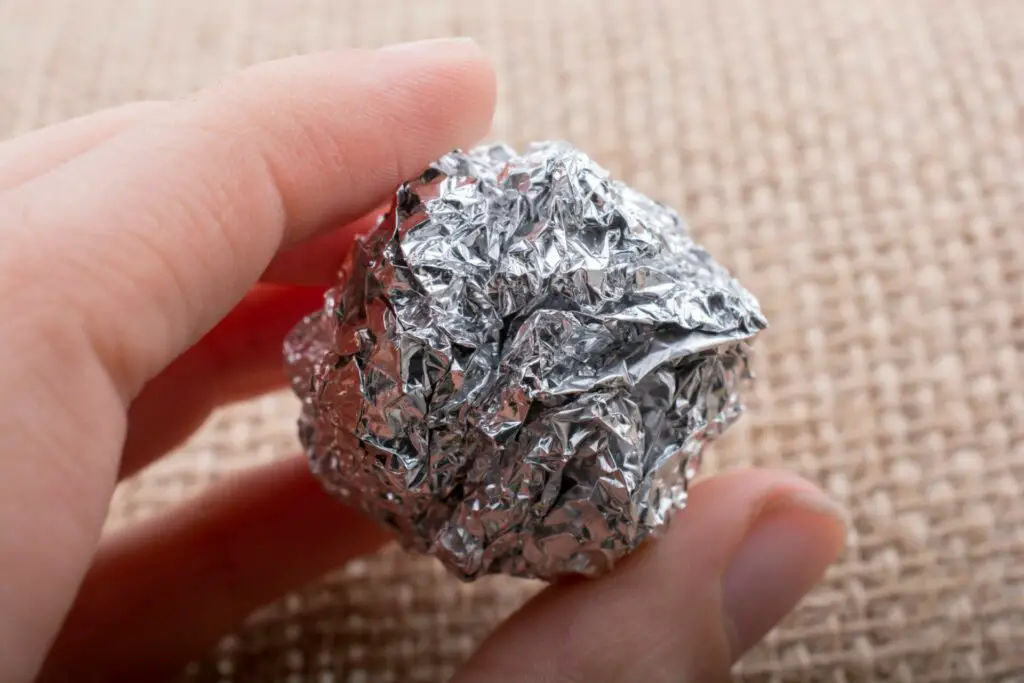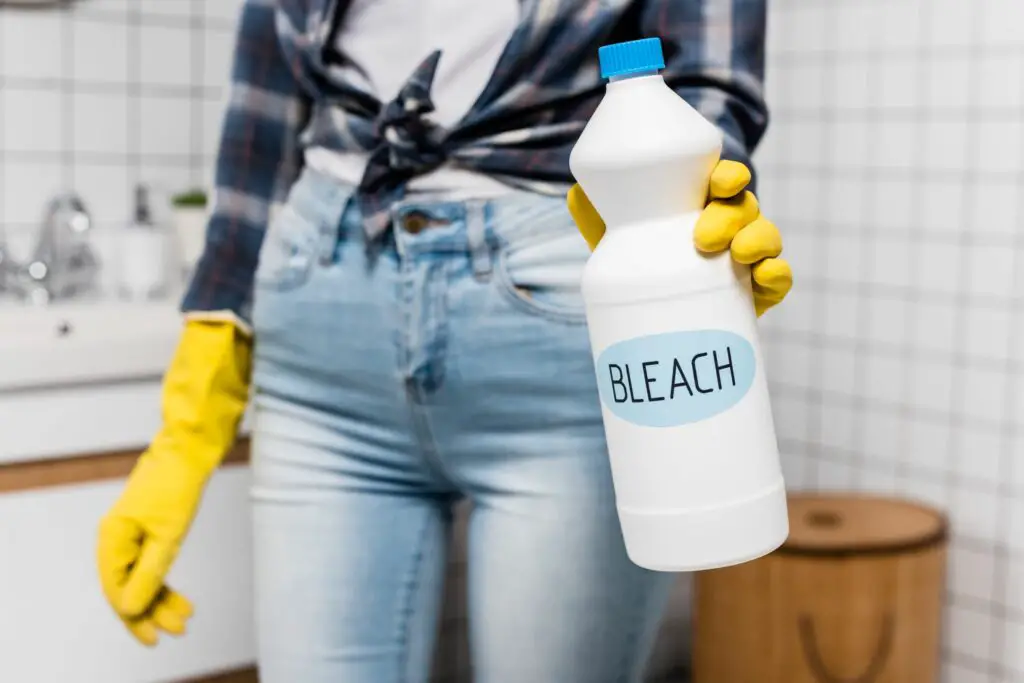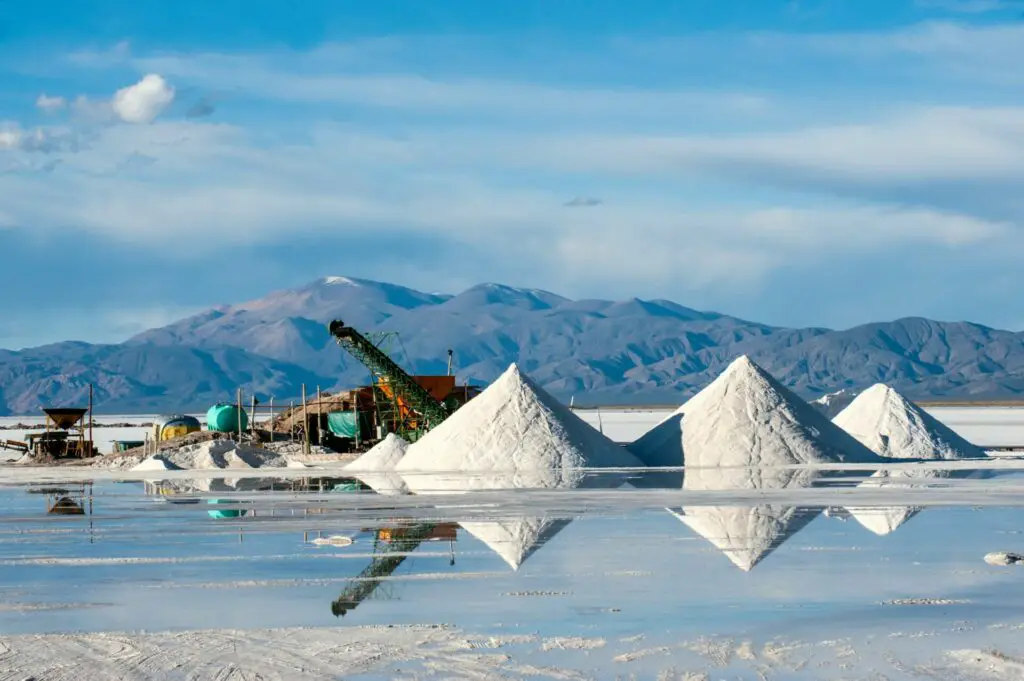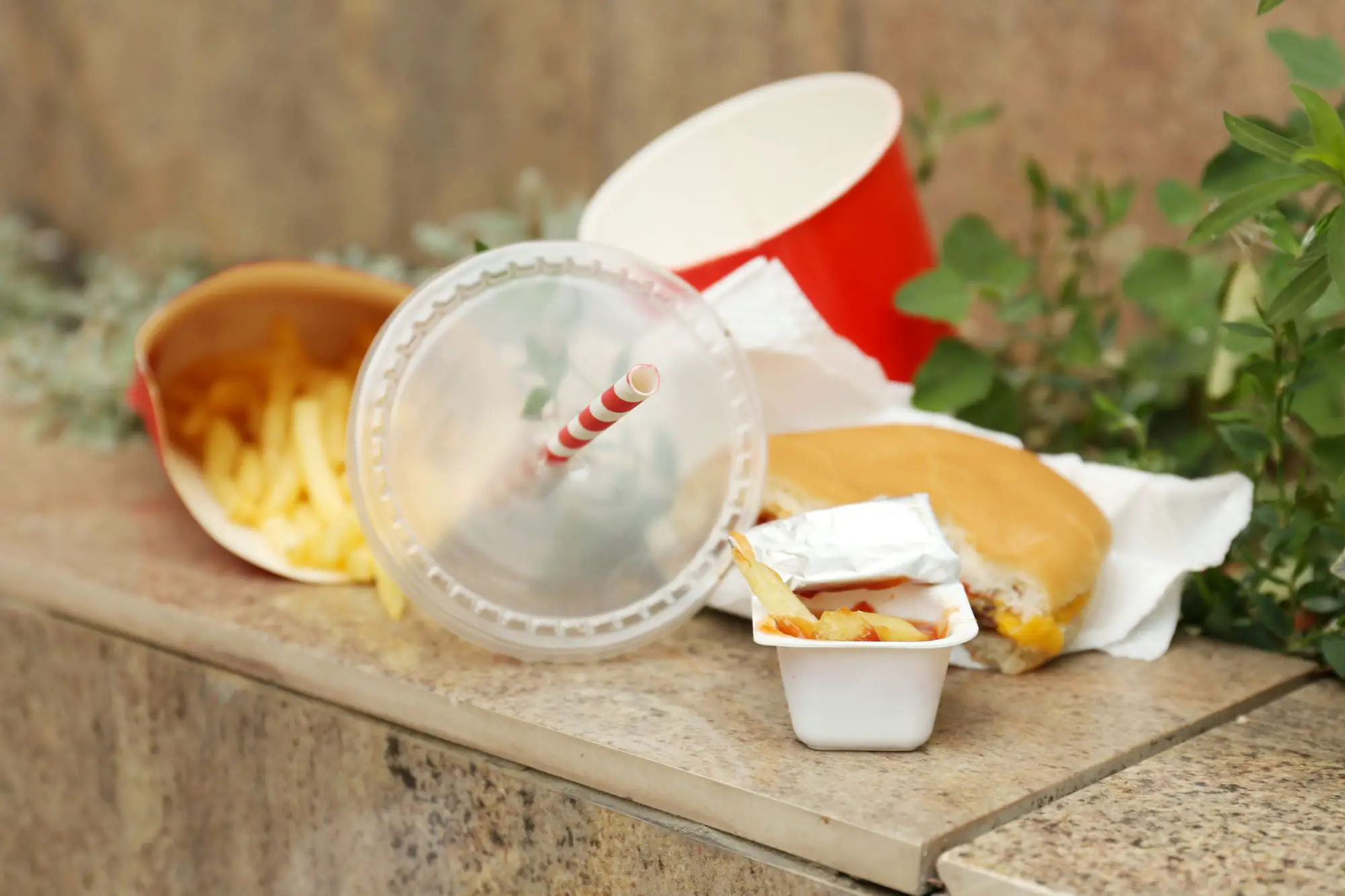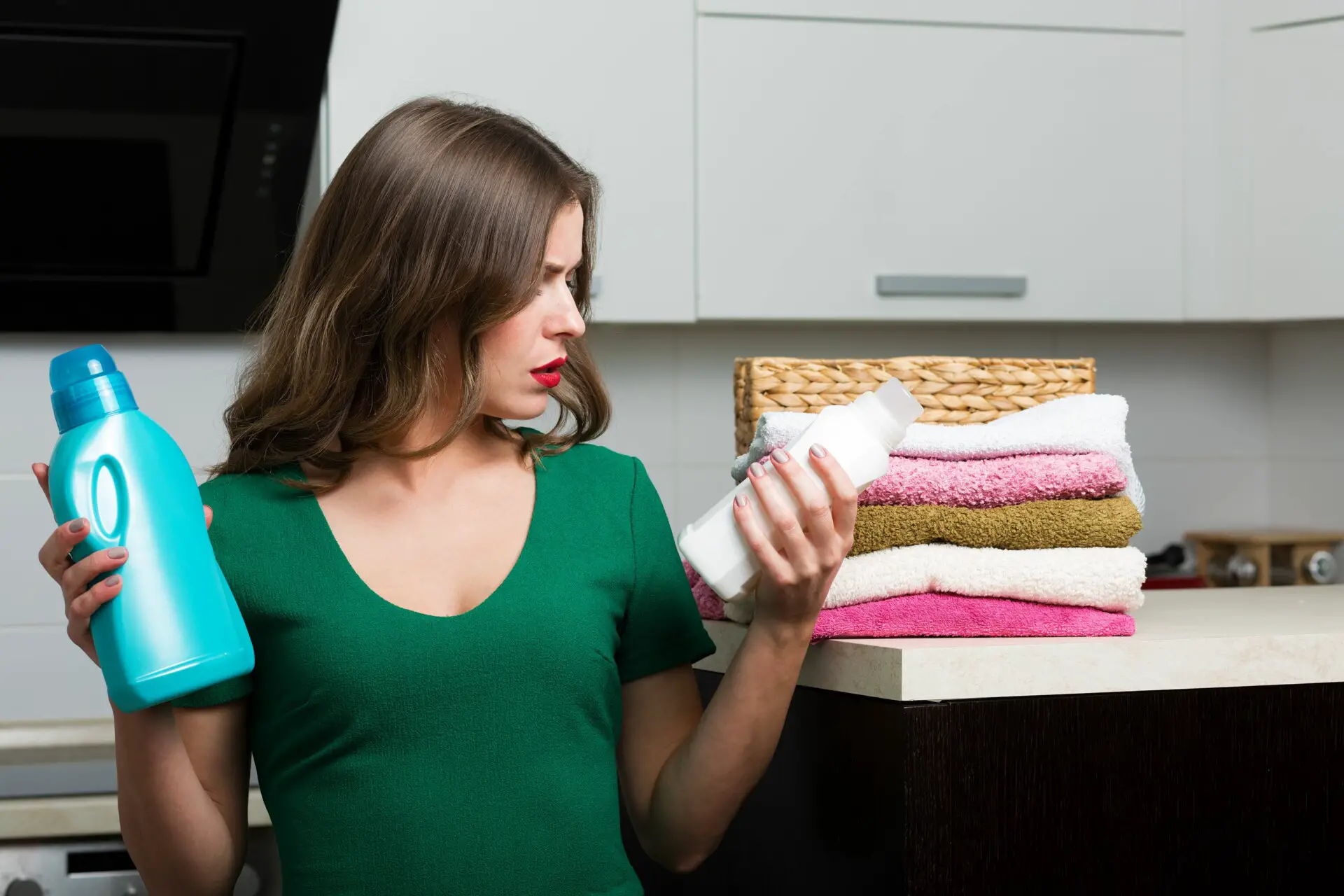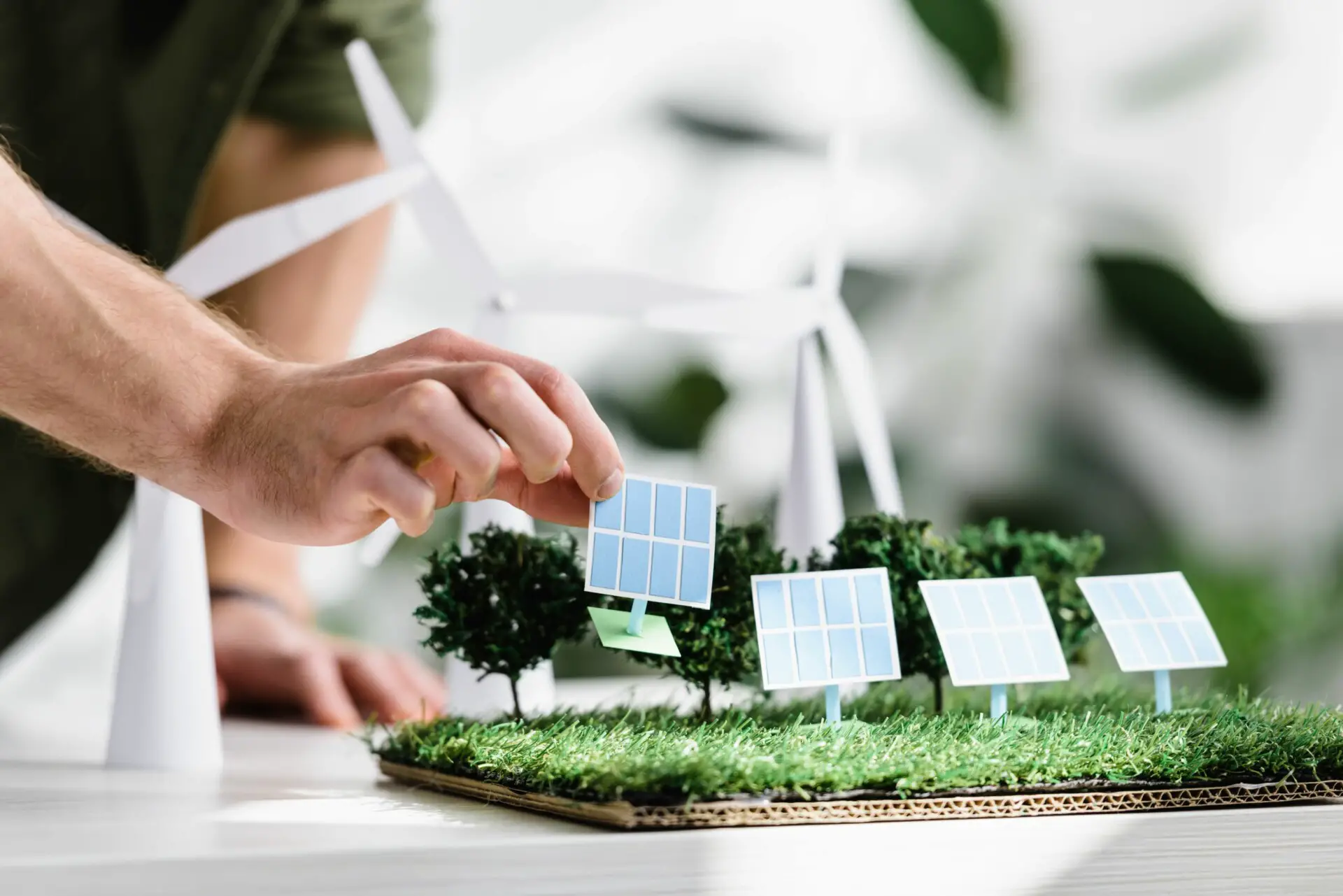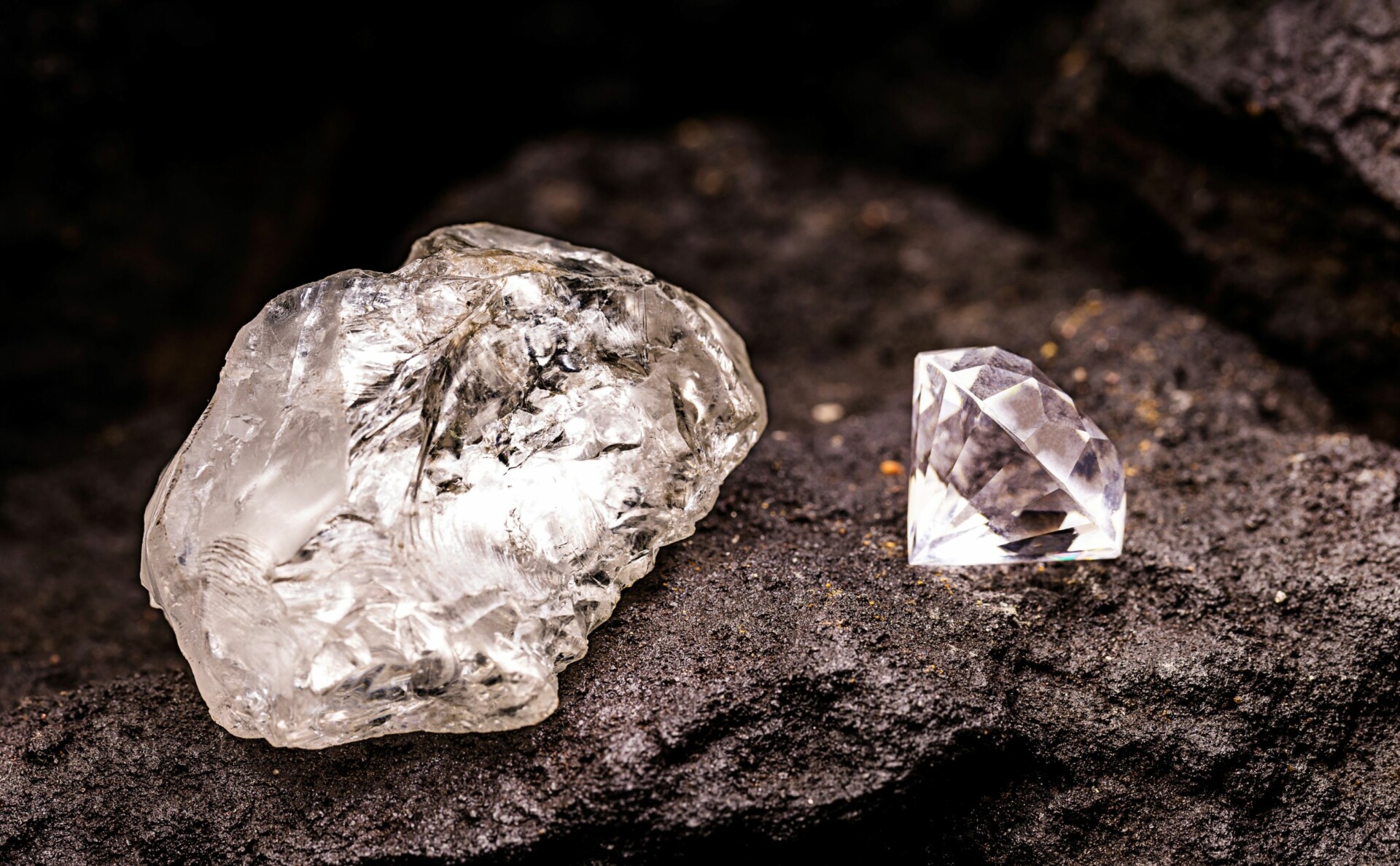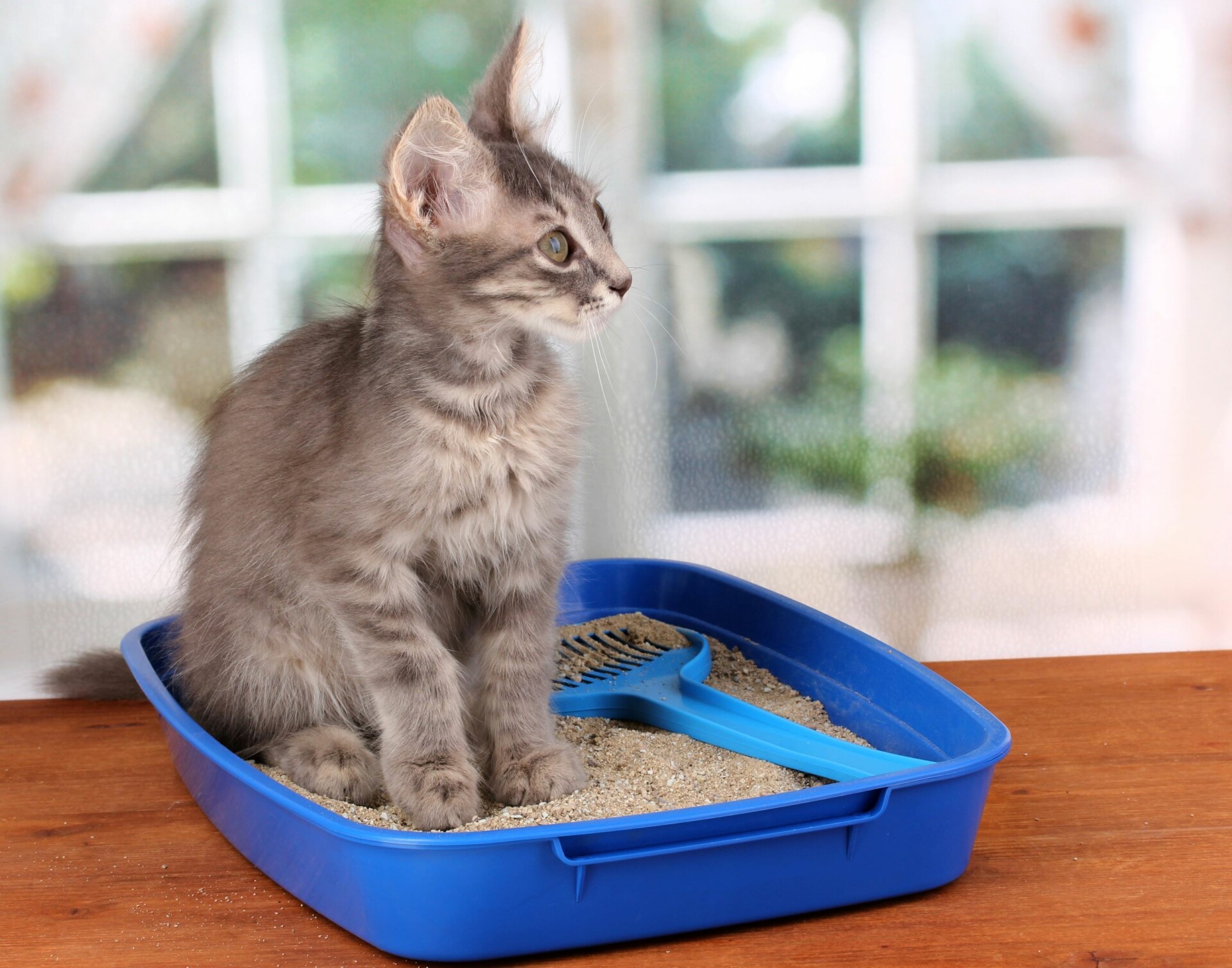Unfortunately, vinyl gloves are not very eco-friendly.
Although these products are used widely in the food industry and the medical field, they pose a risk to both wildlife and human populations.
Answering the following questions gives you an idea of the fabrication and risks involved with using these gloves.
1. What are vinyl gloves made from?
Vinyl gloves are made from polyvinyl chloride or PVC. This plastic contains ortho-phthalates or plasticizers.
Some gloves contain DOTP or DEHT, a chemical used to improve the safety of the product.
Only half of the vinyl gloves contain DOTP, but all of them contain phthalates.
2. Are vinyl gloves plastic?
Vinyl gloves are made from a form of plastic, albeit much different than what’s used for water bottles and other products.
In fact, they are constructed from synthetic rubber material.
They are formed by combining a petroleum-based film, plasticizers, and polyvinyl chloride. They are latex-free.
3. Are vinyl gloves biodegradable?
No, vinyl gloves are not biodegradable. They are made from polyvinyl chloride (PVC) which is a non-protein material.
These gloves were designed to have a longer shelf life than latex.
This means they break down over time, but do not decompose in the same way as organic materials.
4. Are vinyl gloves compostable?
No, these polyvinyl chloride-based products are not compostable, as they are not biodegradable.
Protective products like this can take many years to break down, leaving particles and chemicals behind that disperse in the environment.
5. Are vinyl gloves toxic?
Yes, vinyl gloves can be toxic, and many fast-food restaurants use these types of gloves.
One out of 7 vinyl gloves contains ortho-phthalates, types of plasticizer chemicals, which are toxic and can leach into the food we eat.
Other types of vinyl gloves are constructed to decrease the toxic chemicals.
In fact, 6 out of 7 vinyl gloves contained DOTP and DEHT, a plasticizer that is used to replace ortho-phthalates.
Unfortunately, DOTP and DEHT cause other problems like hormone disruption.
Human health and phthalates
Ortho-phthalates can cause several health problems for adults, as well as health and development issues for children.
- Both boys and girls may experience an increase in asthma, allergies, and behavioral issues such as attention deficit disorder.
- In boys, phthalates contribute to malformations during embryonic development. These malformations can cause a future of infertility, an increase in prostate cancer risk, and decreased sperm quality.
- This chemical can also cause early puberty in girls. In boys, phthalates can cause swelling of breast tissue.
There are a few ways that humans encounter harmful chemicals from vinyl gloves.
- During food preparation
- Consuming animal proteins that are already contaminated
- Thought first-hand PPE use in the medical field
- Various environmental contact hazardous wastes.
Toxicity to animals
Wildlife is directly affected by chemicals in the degradation of polymeric materials.
The sun, humidity, and high temperature, all play a part in breaking down components in these materials.
Vinyl gloves can also be toxic to marine animals, as an increase in medical wastes means a higher risk of contact with plasticizer chemicals in bodies of water.
Unfortunately, many pollutants are disposed of in marine natural habitats.
The slow release of chemicals from degradation contaminates wildlife surroundings. It also negatively influences the development and causes various health disorders for animals.
6. Are vinyl gloves recyclable?
Yes, vinyl gloves are recyclable, and this is the only real safe way to discard them.
Otherwise, they are often discarded in landfills, illegally dumped, or incinerated.
Highly toxic fumes are released when PVC is burned. These fumes contain furans and chlorinated dioxins.
Since vinyl gloves are made from a synthetic rubber material that isn’t easily decomposed, these products can only be reformed and reused.
7. Are vinyl gloves reusable?
Vinyl gloves are reusable but can degrade easily.
After 10-20 sterilizations, the synthetic material begins to break down and provide less protection.
However, when properly cleaned, vinyl gloves can be used up to 10 times before losing effectiveness.
8. Are vinyl gloves washable?
Yes, vinyl gloves are washable. They can be cleaned effectively with a soap and water solution or a diluted bleach mixture.
However, there are a few steps to safely clean vinyl gloves with soap and water.
- Before cleaning, check the gloves for any signs of degradation such as cracking, rips, holes, discoloration, and tackiness. If any damage is found, discard the gloves.
- Only clean long cuffed gloves in soap and water, as water can get in through the tops of the gloves.
- Only wash disposable gloves up to 10 times. Any more than this can render the gloves ineffective or contaminated.
For a deeper clean, a bleach solution can be used on vinyl materials.
- Again, check the gloves for any signs of degradation. Cracks, rips, holes, changes in color, or texture mean the gloves must be thrown out.
- While wearing, dip the gloves into the bleach solution for 5 minutes. Do not let the solution touch the skin.
- After removing your gloved hands from the solution, let them sit for 1 minute. Hold your hands down to avoid getting bleach inside the gloves.
- Rinse all the diluted bleach solution from the vinyl gloves and thoroughly dry.
9. Are vinyl gloves sustainable?
Vinyl gloves are not sustainable because they are made from non-renewable resources, contain toxic chemicals, are non-biodegradable and have limited disposal options.
And because they degrade relatively quickly with use, they have to be replaced often and so contribute significantly to environmental pollution.
Although they can be sterilized up to 20 times, they lose effective protection with each cleaning.
When used for long periods, vinyl gloves experience degradation such as fracturing and cracking.
This process causes the release of microplastics that can transfer over long distances.
Because of the breakdown in vinyl materials, gloves can only be used for a limited time.
Using vinyl gloves for longer than intended increases the risk of contamination.
How to dispose of vinyl gloves
The proper way to dispose of vinyl gloves is to recycle them.
A special box can be placed in industries that use large quantities of these products.
This box can be shipped back to the manufacturer of the vinyl gloves. Wastes are separated from plastics or fibers and recycled.
The recycled components are used to create new products.
And although vinyl gloves can be bagged and placed in the trash, this is an eco-friendlier solution.
Eco-friendly alternatives to vinyl gloves
There are eco-friendly alternatives to vinyl gloves as well.
1. Natural latex gloves
Natural latex gloves are a biodegradable alternative to vinyl gloves, as they are derived from the rubber tree.
Although some people are allergic to latex, using a glove with reduced protein content can help.
2. Biodegradable Nitrile gloves
Biodegradable nitrile gloves eco-friendly gloves contain an organic additive that speeds up biodegradation.
This helps to sustain the environment and protect wildlife with less toxic waste materials.
You Might Also Like…
- Is Fast Food Bad for the Environment? (& What You Can Do)
- Is Fabric Softener Bad for the Environment? (+5 Eco-Friendly Options)
- Is Fuel Dumping Bad for the Environment? (& How Often It Happens)
- Is Electricity Generation Bad for the Environment? (What You Should Know)
- Is Dry Cleaning Bad for the Environment? (4 Surprising Facts)
- Is Diamond Mining Bad for the Environment? (Important Facts)
- Is DEET Bad for the Environment? 4 Effects (You Should Know)
- Is Cat Litter Bad for the Environment? (5 Common Questions)
- Is Burning Cardboard Bad for the Environment? (6 Facts)
- Is Burning Paper Bad for the Environment? (6 Surprising Facts)
- Is Burning Leaves Bad for the Environment? (7 Quick Facts)
- 4 Natural Cleaners for Quartz Countertops
- 6 Eco-Friendly Acrylic Paint Brands (For Sustainable Artists)
- 5 Eco-friendly Alternatives to Acrylic Paint (& How to Make Them)
- Is Acrylic Paint Bad for the Environment? (7 Quick Facts)
- Is Acrylic Yarn Bad for the Environment? 8 Crucial Facts
- Is Acrylic Bad for the Environment? (8 Quick Facts)
- Is Aluminum Foil Bad for the Environment? 7 Quick Facts
- Is Bleach Bad for the Environment? 6 Crucial Facts
- Is Lithium Mining Bad for the Environment? 6 Crucial Facts

